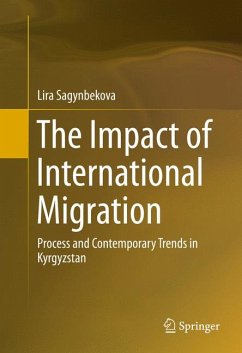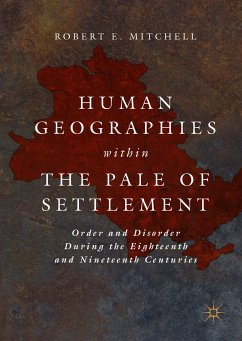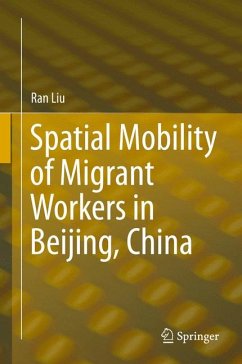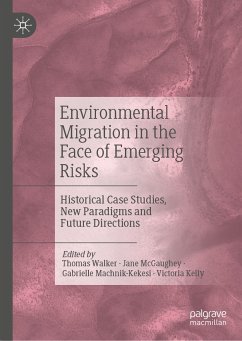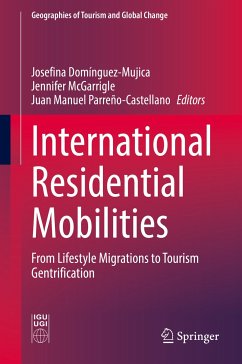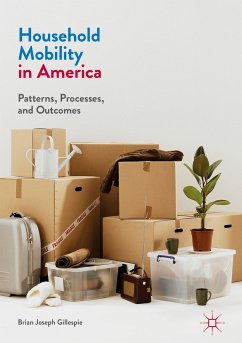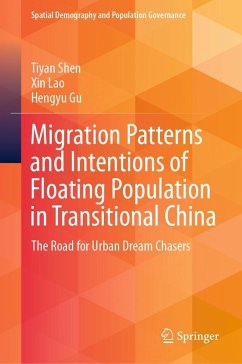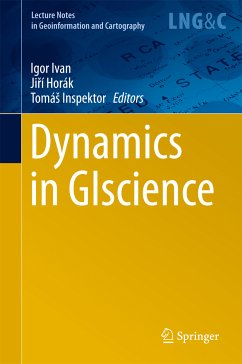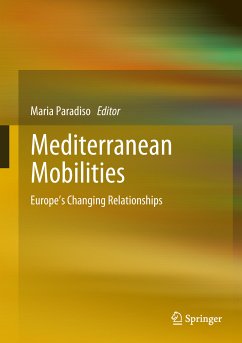
Urban Village Redevelopment in Beijing, China (eBook, PDF)
New Housing Opportunities for Migrant Workers
Versandkostenfrei!
Sofort per Download lieferbar
120,95 €
inkl. MwSt.
Weitere Ausgaben:

PAYBACK Punkte
60 °P sammeln!
The book provides a multi-stage assessment of the changing housing opportunities of migrant workers in the three stages of Beijing's urban village development (emergence, erasure and preservation). The volume re-theorizes Henry Lefebvre's notion of the "right to the city" as a largely property-based concept that falls within the city's hybrid tenure matrix of varying degrees of tenure security and formality that is undergoing entrepreneurialization or gentrification. This is another highly valuable contribution to China studies from the geographical perspective of the "territorial politics" at...
The book provides a multi-stage assessment of the changing housing opportunities of migrant workers in the three stages of Beijing's urban village development (emergence, erasure and preservation). The volume re-theorizes Henry Lefebvre's notion of the "right to the city" as a largely property-based concept that falls within the city's hybrid tenure matrix of varying degrees of tenure security and formality that is undergoing entrepreneurialization or gentrification. This is another highly valuable contribution to China studies from the geographical perspective of the "territorial politics" at play in the process of urban village redevelopment, which has fostered a new propertied landowning class as winners, while moving low-wage migrants. The book takes the reader on a fascinating journey from peri-urban villages to IT worker villages to artists' villages, revealing a restless landscape of urbanism and state-centered governance, as well as bottom-up counterplots. The fieldwork explores the contradictions of urban village redevelopment in Beijing. On the one hand, it is state-dominated and yet creates new housing opportunities for migrants; on the other, it disrupts old orders but also encourages new forms of grassroots alliances. The empirical studies of Beijing's urban villages enrich Henry Lefebvre's discourse on "planetary urbanisation," Gilles Deleuze and Félix Guattari's notion of the "rhizome," and Elinor Ostrom's ideas on the wise management of the "commons."
Dieser Download kann aus rechtlichen Gründen nur mit Rechnungsadresse in A, B, BG, CY, CZ, D, DK, EW, E, FIN, F, GR, HR, H, IRL, I, LT, L, LR, M, NL, PL, P, R, S, SLO, SK ausgeliefert werden.



